Ninh Binh province is actively preparing conditions to organize the 4th National Congress of Ethnic Minorities in 2024. This is an important political event affirming that the ethnic policies and guidelines of the Party and State have always been thoroughly grasped and implemented seriously and consistently by the Provincial Party Committee, People's Council, People's Committee, and Vietnam Fatherland Front Committee. At the same time, it is an opportunity to continue to recognize and honor the great contributions of Ninh Binh ethnic minorities in the cause of national construction and defense in recent times.
Ethnic minorities in Ninh Binh province account for about 3% of the province's population, mainly Muong ethnic group, the rest are Tay, Nung, Thai, Dao and a few other ethnic groups, living both concentratedly and interspersed in some communes and villages of Nho Quan district and Tam Diep city.
Despite differences in scale, population, and development level, ethnic minorities are always united, actively working in production to develop the economy, preserve and promote progressive customs, practices, and festivals, and build a new cultural life.
Over the past years, the Party Committees and authorities at all levels from the province to the grassroots have paid attention to fully and comprehensively implementing policies for ethnic minorities in the area, thus achieving many outstanding results. The trust of ethnic minorities in the leadership of the Party and State in general and the Party Committees and authorities at all levels of the province in particular has been constantly consolidated and enhanced, increasingly going into depth.
Social consensus is enhanced, the great solidarity bloc of ethnic groups is firmly built with enough resistance to resist the distorted arguments of hostile forces and the infiltration of "strange religions", contributing to maintaining political security and social order and safety in ethnic minority areas.
The socio-economic and infrastructure of ethnic minority areas in our province have changed and developed quite well in recent years. The economic structure, labor structure and income of ethnic minorities have been shifting towards increasing the proportion of industry and services, gradually reducing the proportion of agriculture and forestry; the lives of ethnic minorities have been significantly improved and raised.
Infrastructure is invested in a relatively synchronous and modern way, traffic is convenient, creating conditions for people to exchange and develop socio-economy. The potential and advantages of the highland communes, where many ethnic minorities live, are promoted and exploited more effectively, increasing the value of goods and income for people.
Up to now, 7/7 communes with a large ethnic minority population have been recognized as meeting new rural standards, of which 2/7 communes have met advanced new rural standards. Education, training, healthcare, and health care for ethnic minorities continue to receive investment and development in both quantity and quality, contributing to improving the intellectual level and quality of local human resources.
The work of preserving, conserving and promoting the unique cultural identity of ethnic minorities, especially the Muong people in our province, has received attention; backward customs and practices have been gradually eliminated. Some tangible and intangible cultural products have been restored and passed down, especially the Muong people in Nho Quan regularly maintain cultural and artistic clubs such as: Dum singing, Sac bua singing, Sap dancing, gongs, Muong love songs...
Every year, local authorities, especially Nho Quan district, organize a national cultural festival to introduce and preserve the traditional beauty of the Muong people and organize folk games such as archery, crossbow shooting, tug of war...
The political system at the grassroots level in areas with a large number of ethnic minorities has received attention from leaders and direction to build it stronger and stronger. Ethnic minority cadres, civil servants and public employees have received attention in training, fostering and more effective deployment, increasingly meeting practical requirements. Currently, many ethnic minority children are working in agencies of the Party, government, Fatherland Front, units and organizations from the province to the grassroots level, in which many comrades hold leading and key positions and are highly trusted by cadres, party members and the people.
Although many outstanding results have been achieved, compared to the general development of Ninh Binh province, life in areas with a large ethnic minority population is still difficult. The rate of poor and near-poor households who are ethnic minorities in the total number of poor households in ethnic minority areas is 63.5% and 57.87% respectively, higher than the average of the whole province. The socio-economic development of areas with a large ethnic minority population is still slow, the gap between rich and poor tends to increase.
The security and order situation in ethnic minority areas still has potential complications. The 4th Congress of Ethnic Minorities in Ninh Binh province will focus on analyzing and evaluating the achieved results, and at the same time, set out goals, tasks and solutions to strive for in the coming time.
One of the important goals that need to be prioritized is to develop ethnic minority areas comprehensively, quickly and sustainably; shorten the income gap with developed areas; and improve and enhance people's lives.
To soon achieve this goal requires efforts, hard work, and high sense of responsibility from the entire political system and each citizen.
For Party committees, authorities, the Fatherland Front, and organizations at all levels, it is necessary to thoroughly grasp and seriously implement Conclusion No. 65-KL/TW dated October 30, 2019 on continuing to implement Resolution 24-NQ/TW of the Party Central Committee (9th tenure) on ethnic work in the new situation; National target program on hunger eradication and poverty reduction; National target program on socio-economic development in ethnic minority and mountainous areas, period 2021-2030; along with that is implementing social security policies; supporting the construction and repair of houses for poor households in the province...
Ethnic minorities need to strive to improve their cultural, scientific and technological level... to avoid the risk of falling behind because they cannot meet the development requirements. Promote the spirit of self-reliance, exploit the potential strengths of the locality to develop the economy and become well-off and rich households. Fight and criticize the ideology of taking advantage of the Party and State's policy of "no one is left behind" to wait for and rely on support policies, "not wanting to escape poverty" of a few ethnic minority households.
Nguyen Dong
Source: https://baoninhbinh.org.vn/ghi-nhan-va-ton-vinh-dong-bao-cac-dan-toc-thieu-so/d2024091309118198.htm


![[Photo] National Assembly Chairman Tran Thanh Man chairs the meeting of the Subcommittee on Documents of the First National Assembly Party Congress](https://vphoto.vietnam.vn/thumb/1200x675/vietnam/resource/IMAGE/2025/5/8/72b19a73d94a4affab411fd8c87f4f8d)
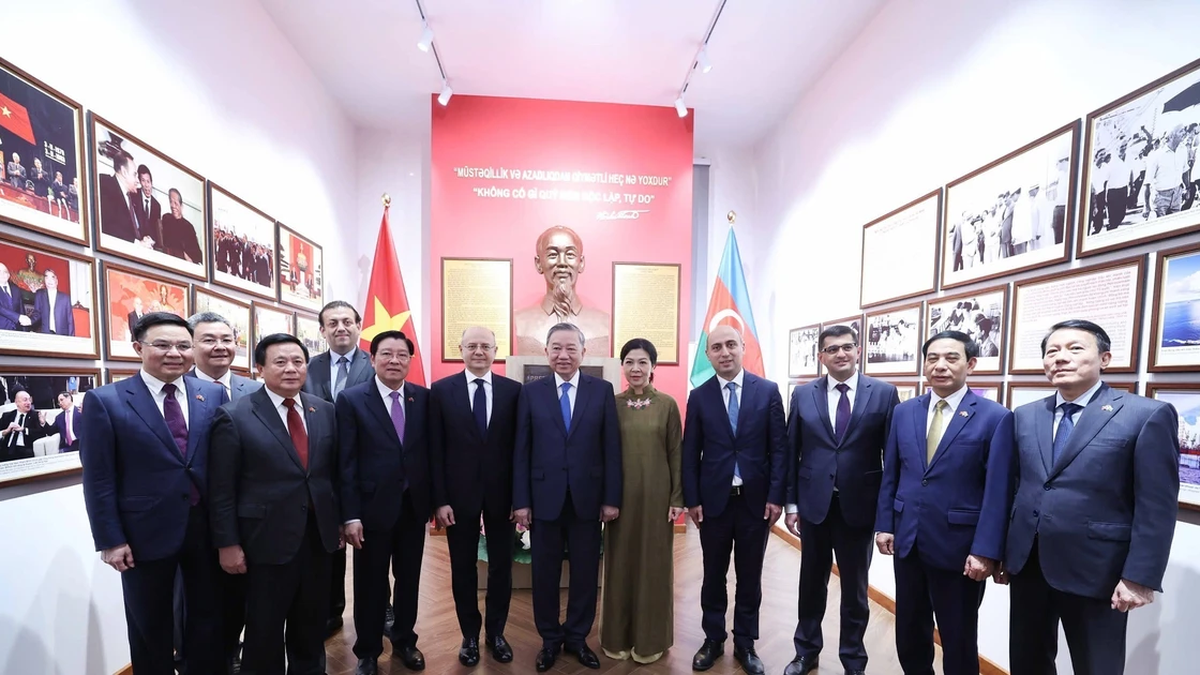
![[Photo] General Secretary concludes visit to Azerbaijan, departs for visit to Russian Federation](https://vphoto.vietnam.vn/thumb/1200x675/vietnam/resource/IMAGE/2025/5/8/7a135ad280314b66917ad278ce0e26fa)

![[Photo] President Luong Cuong presents the decision to appoint Deputy Head of the Office of the President](https://vphoto.vietnam.vn/thumb/1200x675/vietnam/resource/IMAGE/2025/5/8/501f8ee192f3476ab9f7579c57b423ad)












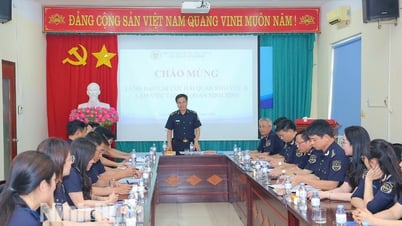

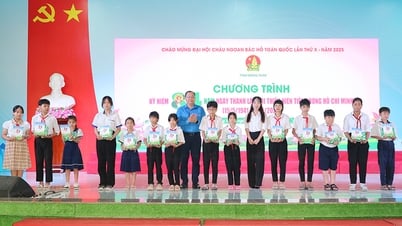
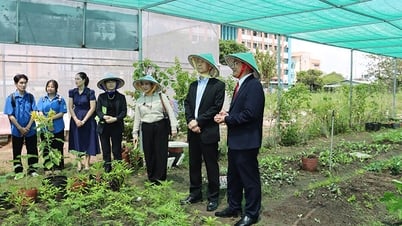
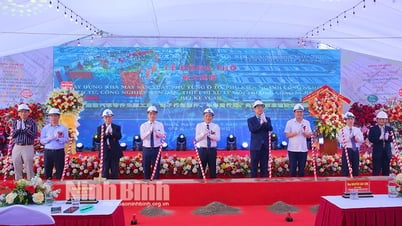




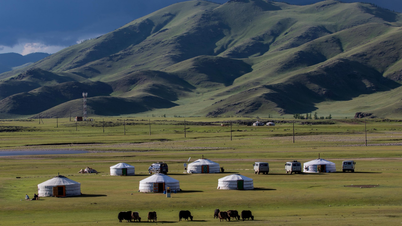

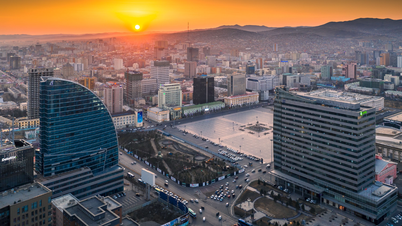



![[Photo] General Secretary To Lam receives leaders of typical Azerbaijani businesses](https://vphoto.vietnam.vn/thumb/1200x675/vietnam/resource/IMAGE/2025/5/8/998af6f177a044b4be0bfbc4858c7fd9)






























![[Photo] Prime Minister Pham Minh Chinh talks on the phone with Singaporean Prime Minister Lawrence Wong](https://vphoto.vietnam.vn/thumb/402x226/vietnam/resource/IMAGE/2025/5/8/e2eab082d9bc4fc4a360b28fa0ab94de)











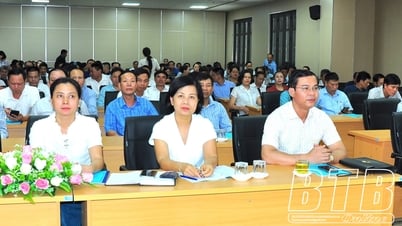





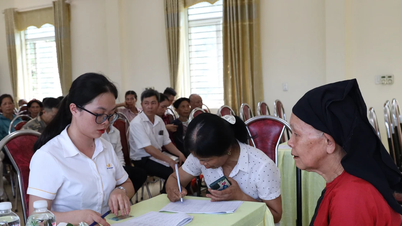















Comment (0)